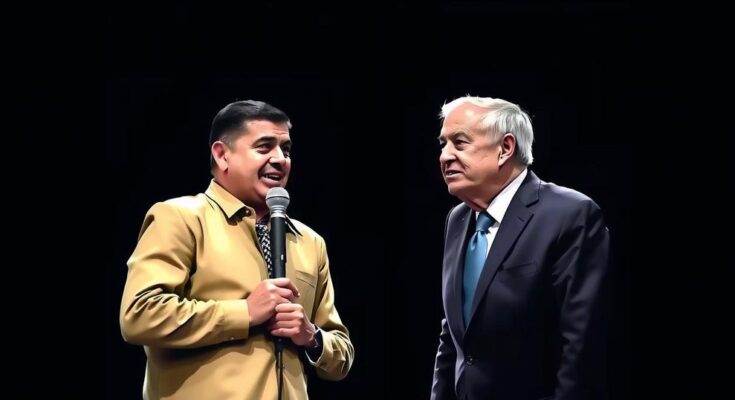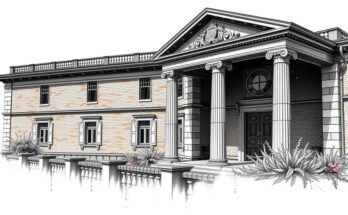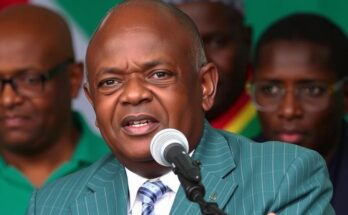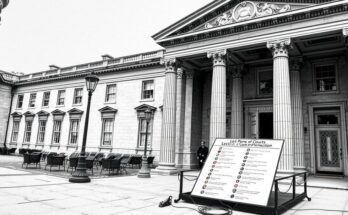Uruguay’s recent presidential run-off saw conservative Alvaro Delgado and leftist Yamandu Orsi face off in a calm electoral climate, contrasting sharply with regional tensions. Candidates emphasized economic reforms and mutual respect for electoral outcomes, highlighting the importance of democratic coexistence. As Uruguay upholds its democratic legacy, the election resonated with ideals of collaboration amidst differing political beliefs.
In Uruguay, a presidential run-off took place, featuring conservative candidate Alvaro Delgado and leftist contender Yamandu Orsi, following an earlier election where neither secured a majority. Uruguay, often perceived as a beacon of democratic stability amidst tumultuous regional politics, experienced a notably calm election atmosphere compared to neighboring countries. Orsi garnered 44 percent support in the initial vote, while Delgado trailed with 27 percent but was anticipated to attract additional backing from the third-place candidate.
The candidates’ campaign agendas centered on economic improvement, with Orsi advocating for wage increases for low-income workers and Delgado seeking to enhance trade relations and reduce bureaucracy. Both expressed a commitment to electoral integrity and mutual cooperation post-election, reflecting a shared emphasis on the importance of democratic coexistence. Fernando Pereira, head of the Broad Front coalition, underscored, “We must value what we have: democratic coexistence.” Additionally, Andres Ojeda, the eliminated third-party candidate, noted the subdued nature of the electoral process, indicating that outsiders might not even recognize an election was occurring.
This electoral event is significant, considering the broader context of Latin American politics, where many nations have faced electoral violence and protests during their elections. Uruguay’s relatively peaceful democratic tradition sets a critical precedent in the region, reflecting its citizens’ resilience and commitment to preserving democratic values, especially in a year of heightened political tension elsewhere.
The outcome of the election will determine whether the left-wing coalition can reclaim government control or whether the conservatives will solidify their position after their surprise victory in 2019. The emphasis on collaboration and coexistence regardless of the election results reinforces the political maturity that has come to characterize Uruguayan society.
The recent presidential elections in Latin America have presented a dichotomy of experiences, with varying degrees of political stability and violence. While countries like Mexico and Venezuela experienced significant unrest during their elections, Uruguay’s electoral process stood out for its calmness and commitment to democratic principles. Situated on the southern Atlantic coast, this election saw the head-to-head competition between two candidates from distinct political philosophies amid a context of increased tension within the region. The notable political history of Uruguay, including the rise and fall of different political factions, adds to the significance of this election.
The Uruguayan presidential run-off highlighted a profound commitment to democratic values amidst a challenging regional climate marked by strife and instability. As candidates Alvaro Delgado and Yamandu Orsi prioritize economic reform and democratic integrity, their ability to collaborate despite electoral outcomes may serve as a model for political coexistence. By fostering a respectful political environment and emphasizing the importance of democratic coexistence, Uruguay continues to demonstrate its status as a beacon of stability in Latin America, putting its democratic values to the test in a divided political landscape.
Original Source: www.aljazeera.com




